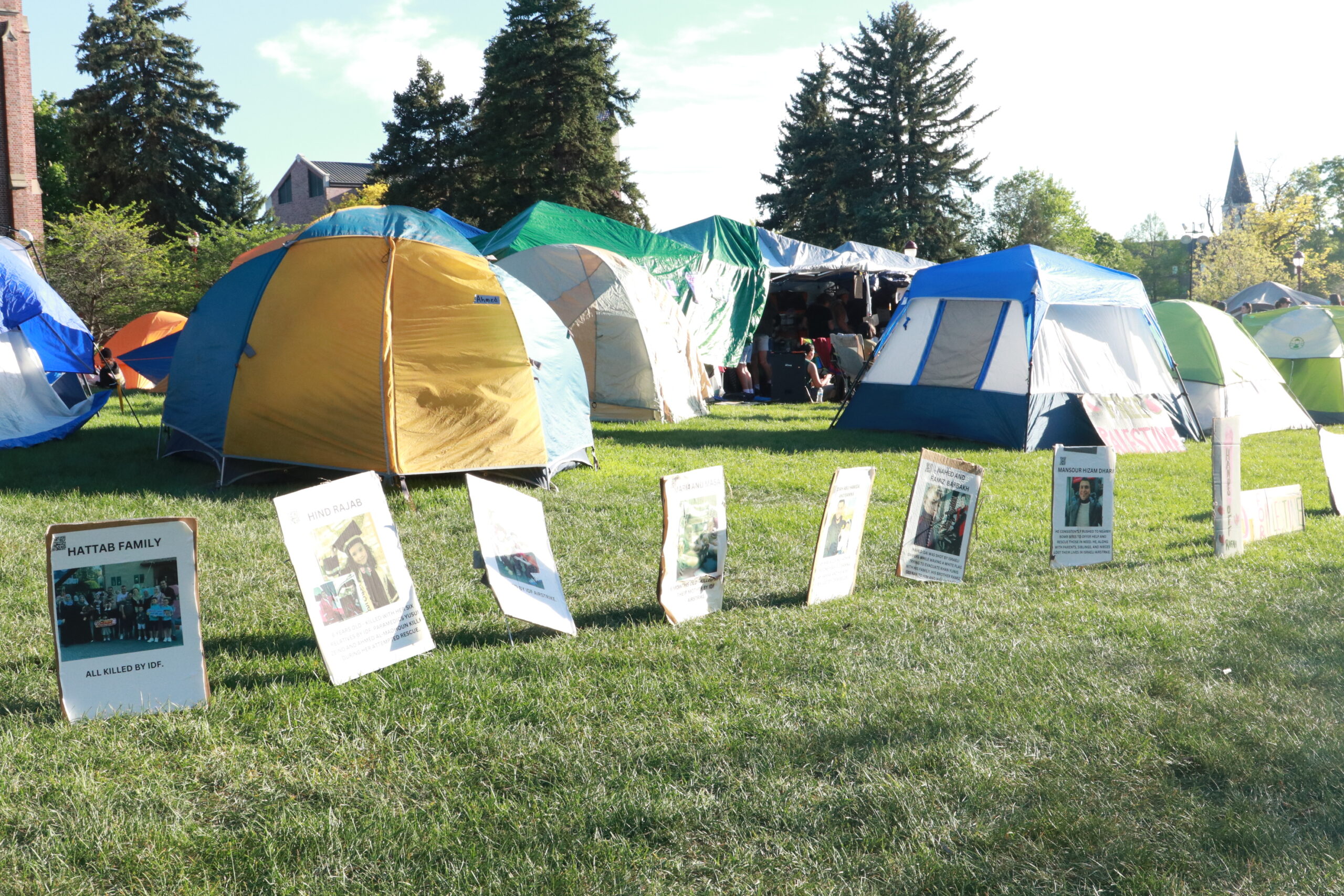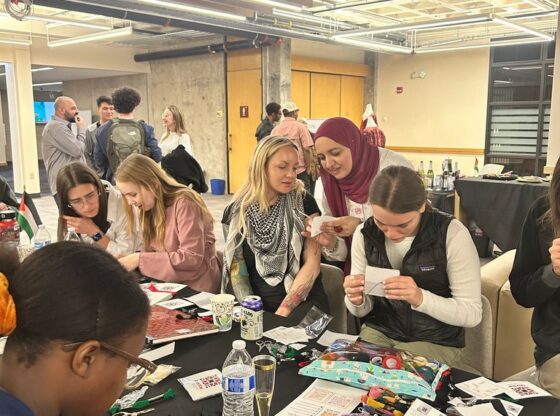Denver is in a deep freeze, and DU’s Center for Community Engagement and Service Learning (CCESL) helped open an emergency shelter for homeless men in Denver last week. The shelter is located in the industrial area at 2000 W. 3rd Ave.
“The homeless shelter is just part of a larger initiative designed to help the city of Denver address the issue of homelessness,” said CCESL Associate Director Katie Symons.
In 2005, DU’s CCESL started its partnership with Denver’s Road Home, helping to implement the 10-year plan to end homelessness. The center agreed to oversee the emergency shelter in addition to providing staff members.
The emergency shelter provides a warm place to sleep up to 55 homeless men. It operates when temperatures are extremely low and permanent shelters have reached their maximum capacity. Last week, the shelter remained open for four nights during a cold spell.
This is the third consecutive year DU has helped operate the emergency shelter. During the day, the area is used as a loading dock at a city wastewater facility. The space is transformed into a shelter an average of about 40 nights per year, Symons said.
When this occurs, homeless individuals are transported to the shelter by bus from the Denver Rescue Mission. Those staying at the shelter must first pass a screening from the Denver Rescue Mission staff to make sure no one is intoxicated or has weapons.
When in operation the shelter requires two on-site staff members and seven to be on standby. The staff on duty works 10-hour overnight shifts, which includes shelter preparation, general oversight, cleanup and helping transport the homeless individuals back to the Denver Rescue Mission in the morning. Other than transportation to and from the site, the shelter does not provide any services. Homeless individuals are supplied with a cot and blanket.
DU students that participate in the program are on call from Dec. 1 to Aug. 30. For those interested in volunteering, the shelter could take more students, Symons said. No previous experience is necessary, but students who volunteer are required to be comfortable working with homeless people.
The emergency shelter is the sixth shelter the CCESL has helped to operate. They are continuing to work with the city of Denver as well as nonprofit organizations on projects to end homelessness. In May, the CCESL will begin its annual work on Project Homeless Connect.











